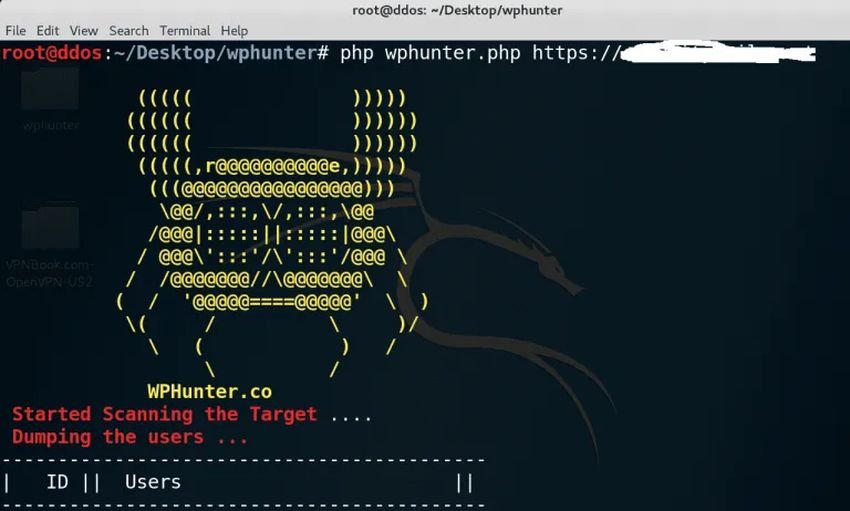With WPHunter you can check your wordpress site for any security vulnerabilities.

There are over 75 million websites running WordPress on the Internet. This corresponds to about 26% of the World Wide Web.
Several notable WordPress sites are vulnerable to diff attacksconditions reasons. If you leave it to its own devices, you can lose all your data, it can cost you thousands of euros, or even worse, attackers can use your WordPress to target your visitors.
Bots automatically scan the web for weak websites and hack them within seconds. If your WordPress is vulnerable, it will only be a matter of time before you run into problems. That's why you should start as soon as possible and check if your WordPress is susceptible to attack.
WPHunter tool detects the wordpress version and tries to find them vulnerable points that are vulnerable in this version. The tool also detects the plugins and themes installed on the website. WPHunter can also find backups, real paths and check security headers.
Do not try this tool for any site unless authorized by the site owner.
Use
Switch for help: -h or -help
Example
php wphunter.php https://www.example.com
Installation
Linux
git clone https://github.com/Jamalc0m/wphunter.git
cd WPHunter
php wphunter.php
Windows
Download and install PHP from here
Download WPHunter
Extract WPHunter to desktop
Open CMD and type the following commands:
cd Desktop/wphunter-master/
php wphunter.php





